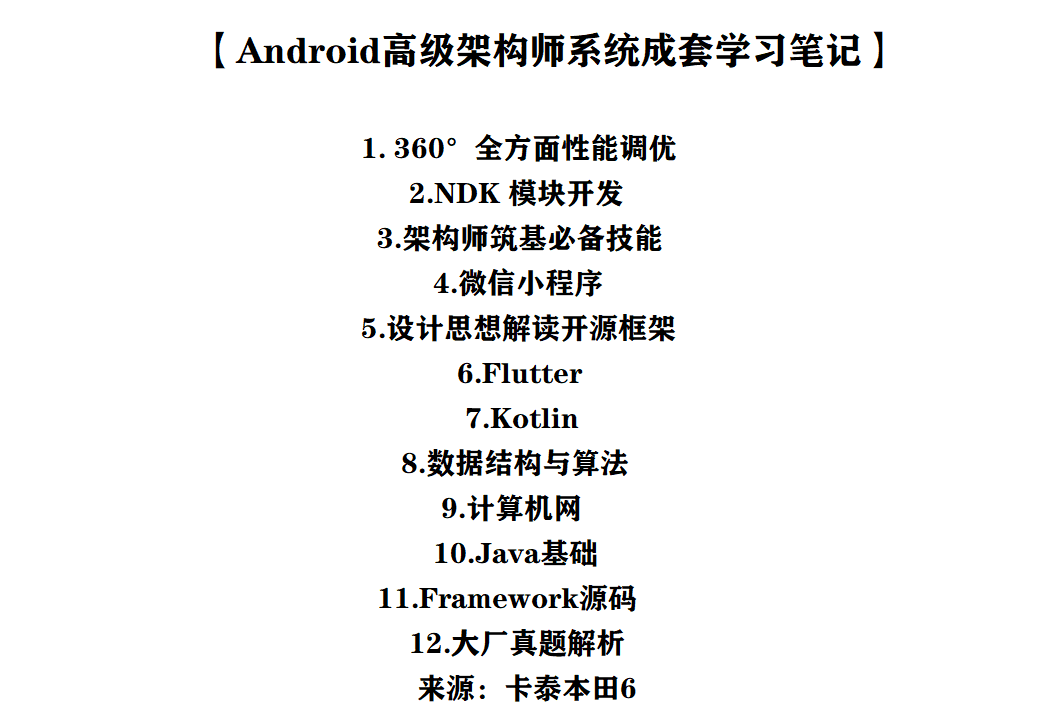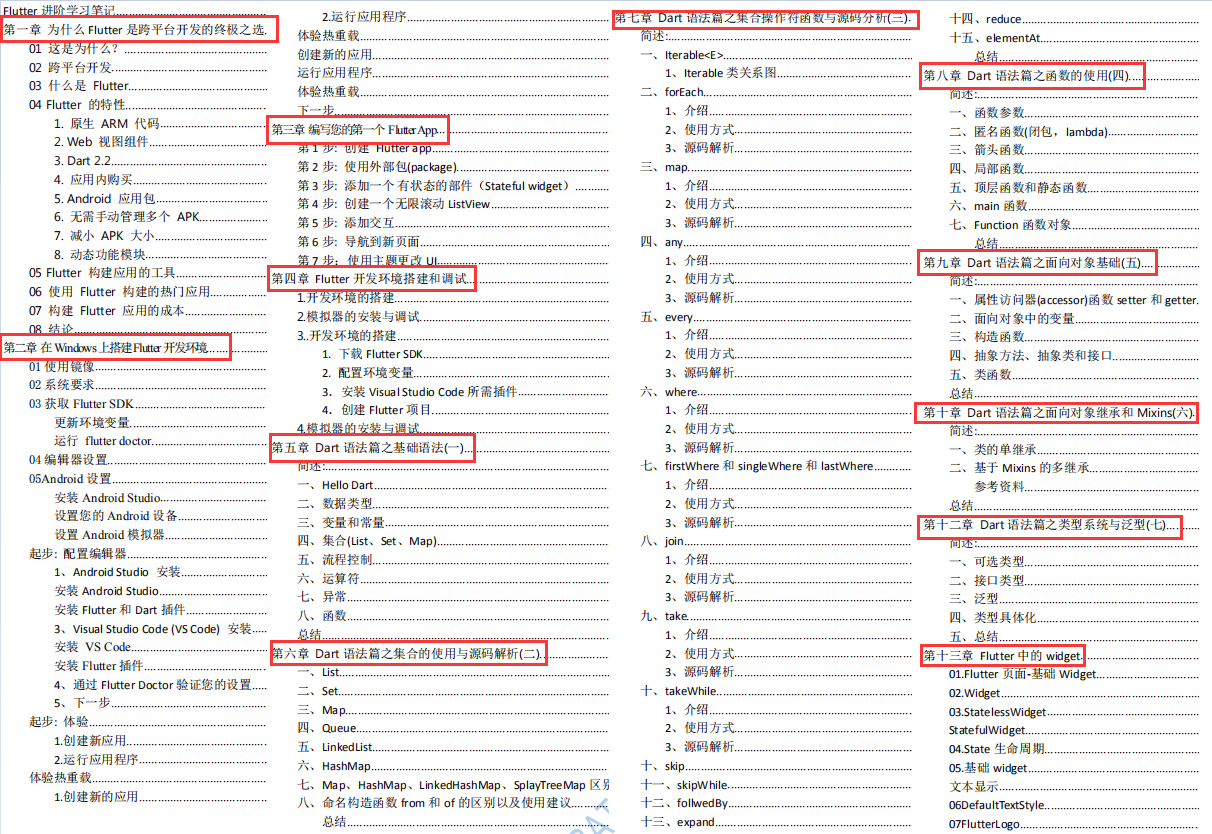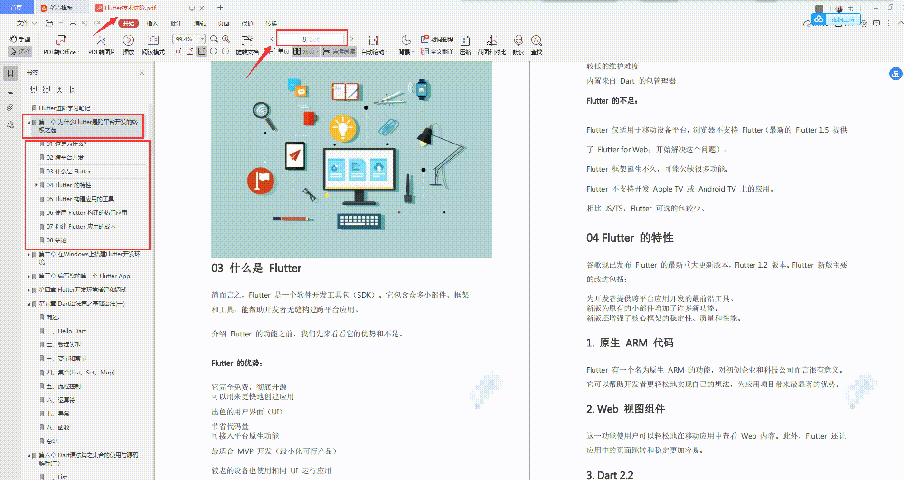OkHttp3 源码详解 (三) 拦截器,android 面试自我介绍范文
@Override
public Call newCall(Request request) {
return new RealCall(this, request, false /* for web socket */);
}
RealCall.enqueue实际就是讲一个RealCall放入到任务队列中,等待合适的机会执行:
@Override
public void enqueue(Callback responseCallback) {
synchronized (this) {
if (executed) throw new IllegalStateException("Already Executed");
executed = true;
}
captureCallStackTrace();
client.dispatcher().enqueue(new AsyncCall(responseCallback));
}
从代码中可以看到最终RealCall被转化成一个AsyncCall并被放入到任务队列中,任务队列中的分发逻辑这里先不说,相关实现会放在OkHttp源码分析——任务队列疑问进行介绍。这里只需要知道 AsyncCall 的 excute 方法最终将会被执行:
[RealCall.java]
@Override protected void execute() {
boolean signalledCallback = false;
try {
Response response = getResponseWithInterceptorChain();
if (retryAndFollowUpInterceptor.isCanceled()) {
signalledCallback = true;
responseCallback.onFailure(RealCall.this, new IOException("Canceled"));
} else {
signalledCallback = true;
responseCallback.onResponse(RealCall.this, response);
}
} catch (IOException e) {
if (signalledCallback) {
// Do not signal the callback twice!
《Android 学习笔记总结+最新移动架构视频+大厂安卓面试真题+项目实战源码讲义》
【docs.qq.com/doc/DSkNLaERkbnFoS0ZF】 完整内容开源分享
Platform.get().log(INFO, "Callback failure for " + toLoggableString(), e);
} else {
responseCallback.onFailure(RealCall.this, e);
}
} finally {
client.dispatcher().finished(this);
}
}
}
execute 方法的逻辑并不复杂,简单的说就是:
调用 getResponseWithInterceptorChain 获取服务器返回
通知任务分发器(client.dispatcher)该任务已结束
getResponseWithInterceptorChain 构建了一个拦截器链,通过依次执行该拦截器链中的每一个拦截器最终得到服务器返回。
3. 构建拦截器链
首先来看下 getResponseWithInterceptorChain 的实现:
源码路径:okhttp3/RealCall.java
// 开始执行整个请求
Response getResponseWithInterceptorChain() throws IOException {
// Build a full stack of interceptors.
// 拦截器栈
List<Interceptor> interceptors = new ArrayList<>();
// 前文说过的 普通拦截器
interceptors.addAll(client.interceptors());
// 重试拦截器,网络错误、请求失败等
interceptors.add(retryAndFollowUpInterceptor);
// 桥接拦截器,主要是重构请求头即 header
interceptors.add(new BridgeInterceptor(client.cookieJar()));
// 缓存拦截器
interceptors.add(newCacheInterceptor(client.internalCache()));
// 连接拦截器,连接服务器,https 包装
interceptors.add(new ConnectInterceptor(client));
// 网络拦截器,websockt 不支持,同样是自定义
if (!forWebSocket) {
interceptors.addAll(client.networkInterceptors());
}
// 服务拦截器,主要是发送(write、input)、读取(read、output)数据
interceptors.add(new CallServerInterceptor(forWebSocket));
// 开启调用链
Interceptor.Chain chain = new RealInterceptorChain(
interceptors, , originalRequest);
return chain.proceed(originalRequest);
}
其逻辑大致分为两部分:
创建一系列拦截器,并将其放入一个拦截器数组中。这部分拦截器即包括用户自定义的拦截器也包括框架内部拦截器
创建一个拦截器链 RealInterceptorChain,并执行拦截器链的 proceed 方法
接下来看下 RealInterceptorChain 的实现逻辑:
public final class RealInterceptorChain implements Interceptor.Chain {
private final List<Interceptor> interceptors;
private final StreamAllocation streamAllocation;
private final HttpCodec httpCodec;
private final RealConnection connection;
private final int index;
private final Request request;
private int calls;
public RealInterceptorChain(List<Interceptor> interceptors, StreamAllocation streamAllocation,
HttpCodec httpCodec, RealConnection connection, int index, Request request) {
this.interceptors = interceptors;
this.connection = connection;
this.streamAllocation = streamAllocation;
this.httpCodec = httpCodec;
this.index = index;
this.request = request;
}
@Override public Connection connection() {
return connection;
}
public StreamAllocation streamAllocation() {
return streamAllocation;
}
public HttpCodec httpStream() {
return httpCodec;
}
@Override public Request request() {
return request;
}
尾声
在我的博客上很多朋友都在给我留言,需要一些系统的面试高频题目。之前说过我的复习范围无非是个人技术博客还有整理的笔记,考虑到笔记是手写版不利于保存,所以打算重新整理并放到网上,时间原因这里先列出面试问题,题解详见:

展示学习笔记














评论